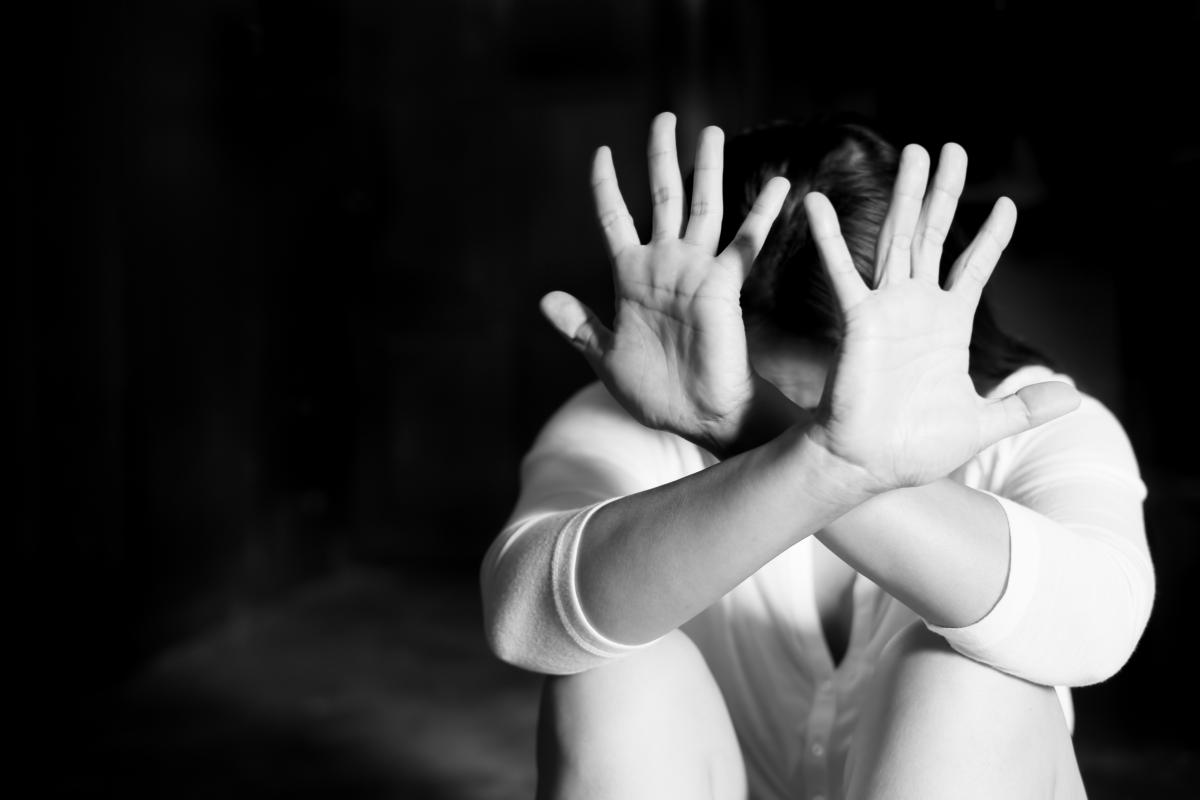The police must assist in any way they can to lessen the trauma for rape survivors.
The South African Police Service (SAPS) is committed to ensuring secondary victimisation does not take place when a rape survivor arrives at a police station to tell their story.
Despite a national framework guiding police officers on how to properly respond to victims of gender-based violence (GBV), abuse survivors are often reluctant to report the incident to the SAPS. It is therefore important that GBV survivors know their rights and understand what to expect from their local police officers.
A rape can be reported to the SAPS via the 24-hour emergency crime reporting centre on 10111, or by visiting your nearest police station.
The victim is permitted to have a person of her choice present during the interview and can expect to be interviewed in surroundings that are either familiar or reassuring.
Once the police have received enough information a docket must be opened, registered on the Crime Administration System and an affidavit must be made in which the following must be clearly specified:
- The time, date and place of the offence,
- The nature of the offence and manner in which it was committed,
- The first person that the abuse survivor told of the attack,
- Any details regarding the alleged offender(s) or possible witnesses who may assist in apprehending the suspects.
A medical examination may be needed to establish whether there is any evidence that could be helpful in court. It is therefore essential that the victim be examined without delay – even if the attack took place more than 72 hours before, or the survivor has already washed.
The medical examination will be conducted at the state's expense and by a medical professional. No man may be present during the medical examination of a female victim, and vice versa. Even a member of the same gender may only be present during the medical examination if the victim agrees to it.
Victim after-care
The victim of a sexual offence has had a traumatic experience and will more than likely need some form of counselling.
If the victim is a child, a member trained by the Family Violence, Child Protection and Sexual Offences (FCS) unit or a specialised individual must be contacted. It may be decided that it is in the best interests of the child to be removed and taken to a place of safe care.
It is the responsibility of the investigating officer to:
- Provide the victim with the details of medical and counselling services available in the area and reasonable assistance to access them, and
- Ensure that appropriate steps are taken to safeguard children or other vulnerable victims.
The investigating officer will keep the victim informed of any developments in the case and must explain the court process to the victim in order to prepare her for the court hearing.
On the day of the trial or earlier, if the victim requests it, the investigating officer will hand the victim copies of her statements to read through to refresh her memory.
Remember:
- The name of a rape victim may not be released by the media.
- Any person who has knowledge of the sexual abuse of a child or a mentally disabled person is legally obliged to report the incident to the police.
- If you have been a victim of a sexual offence, do not wash, change your underwear or rinse your mouth until you have had a medical examination.
- No victim may be turned away because the offence took place a long time ago or was committed in the station area of another police station.

 Facebook
Facebook Twitter
Twitter WhatsApp
WhatsApp